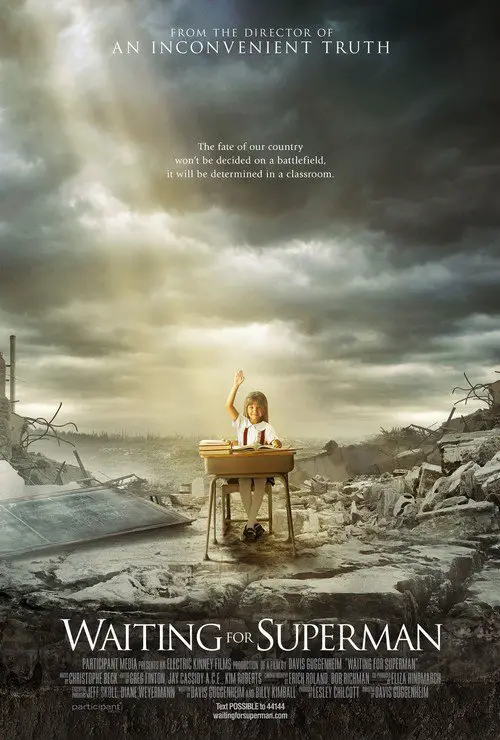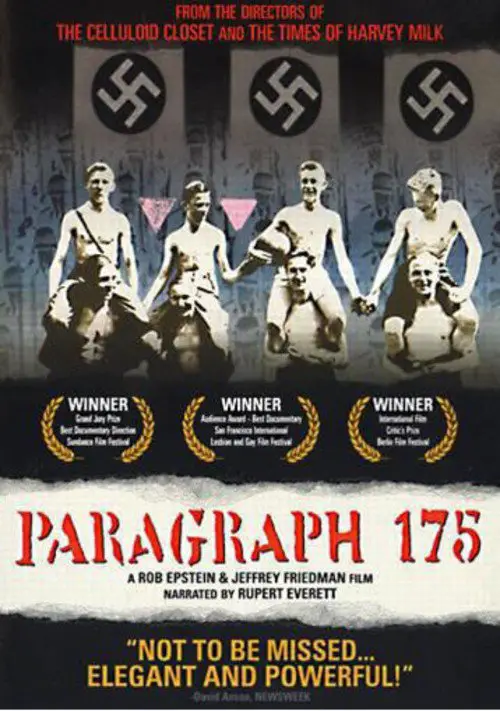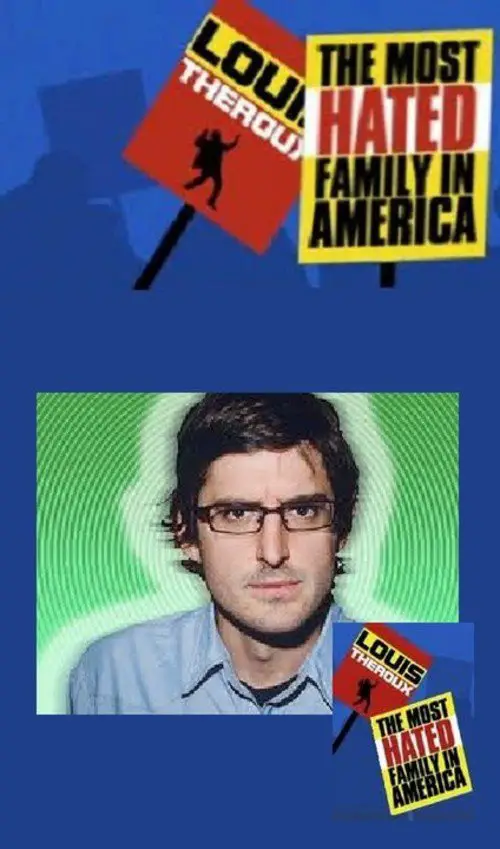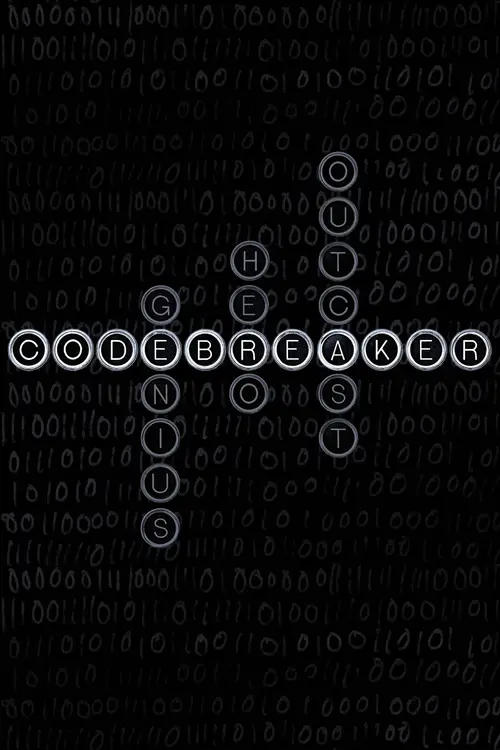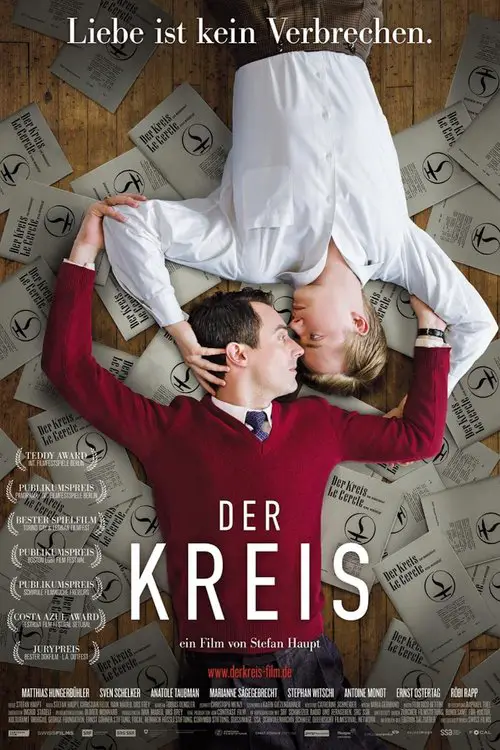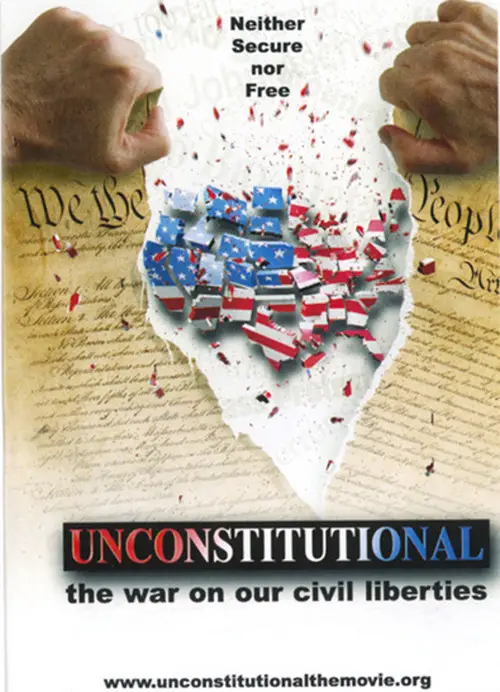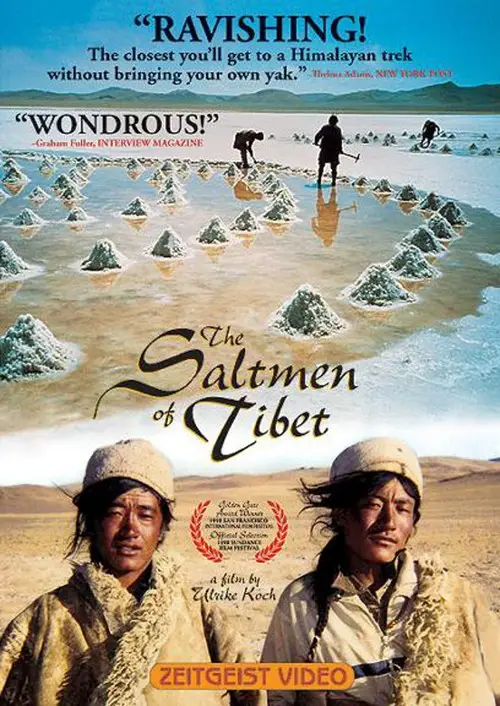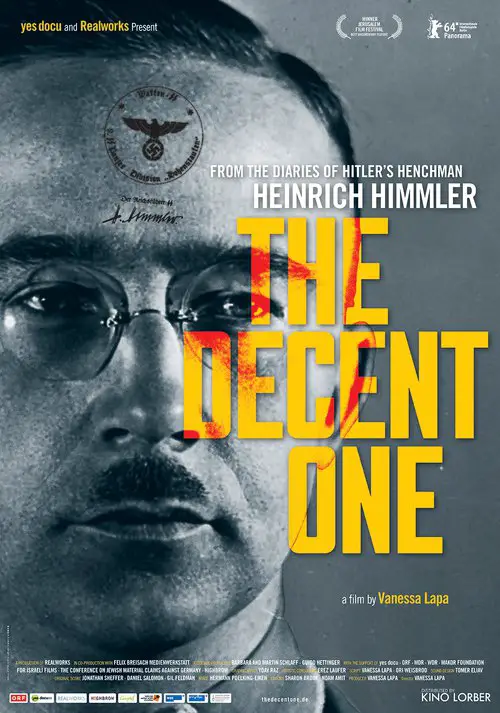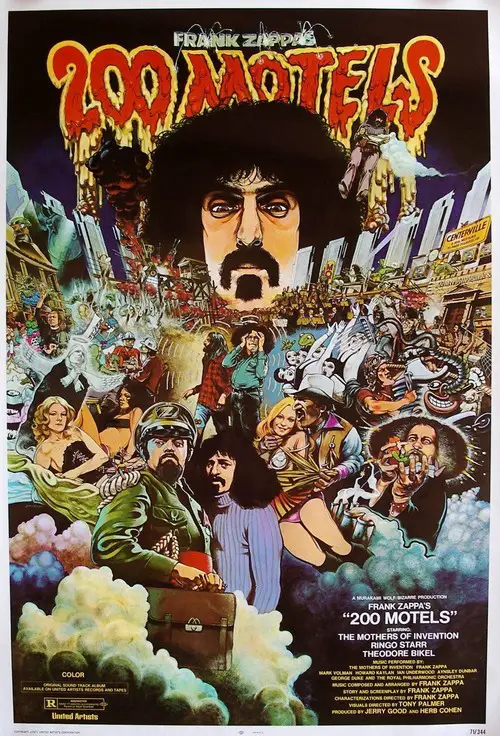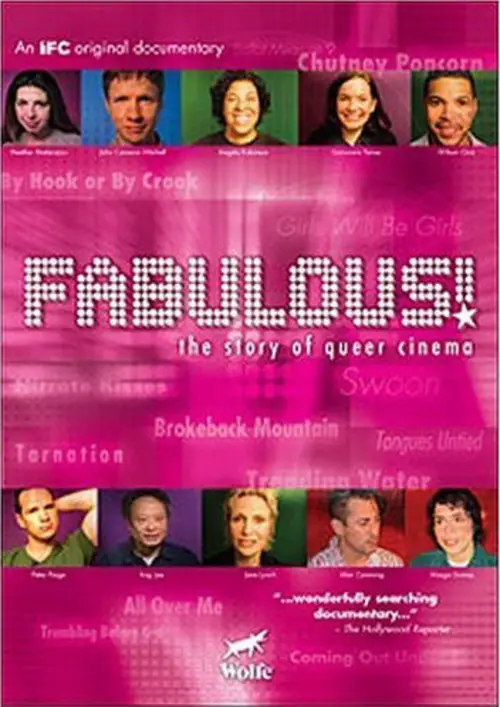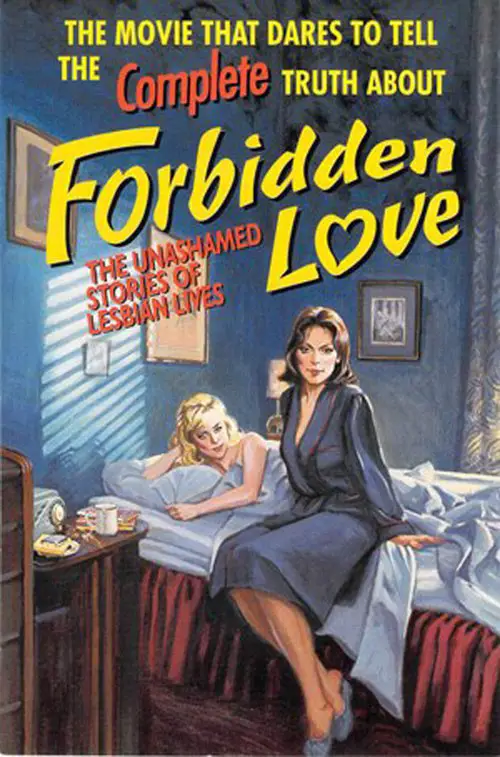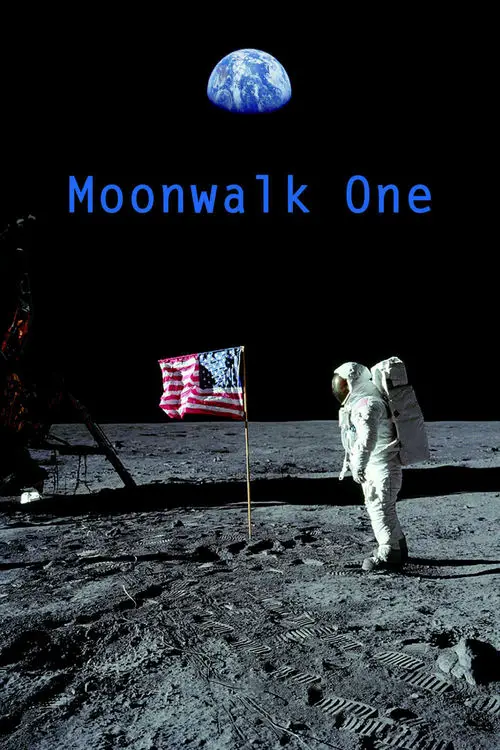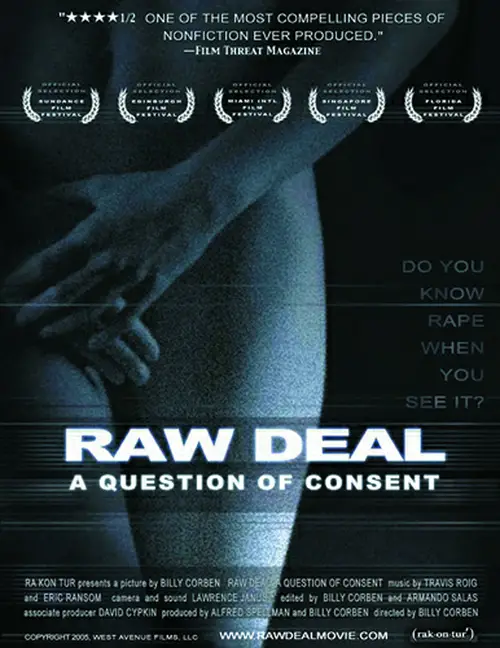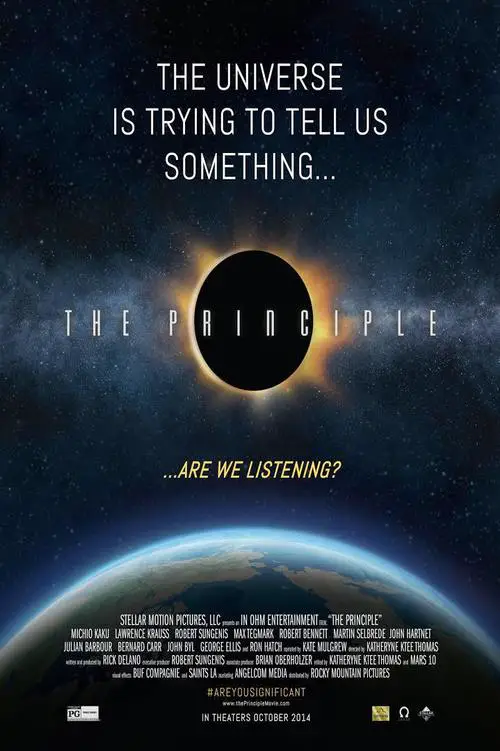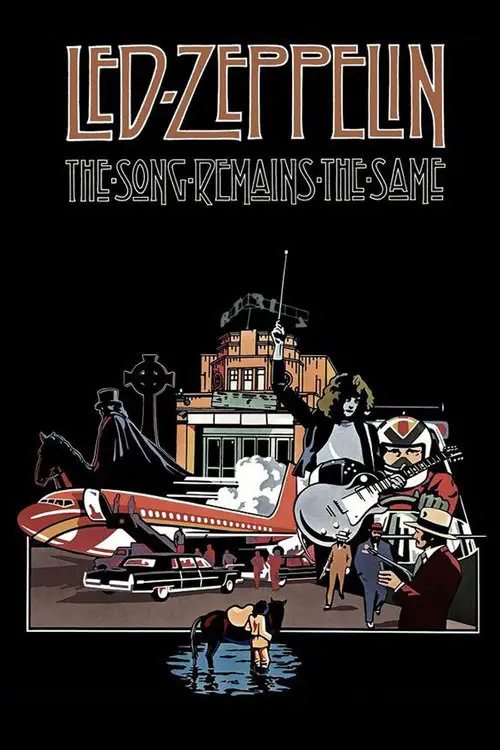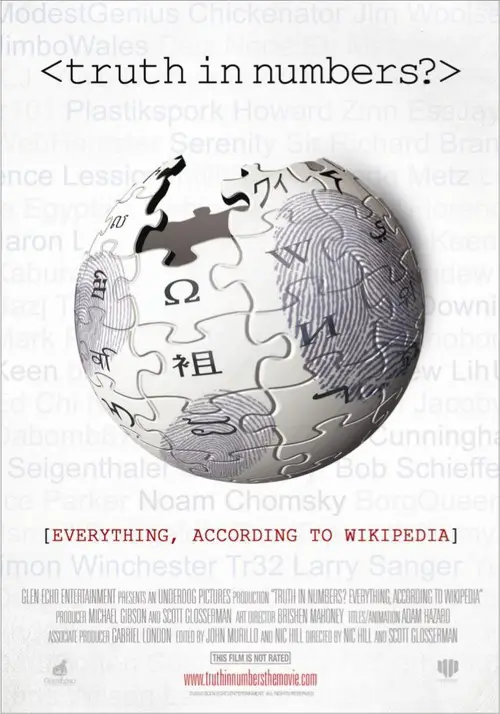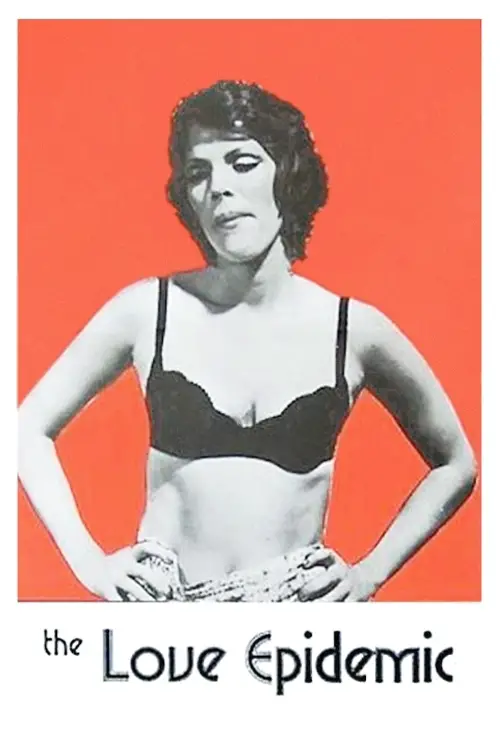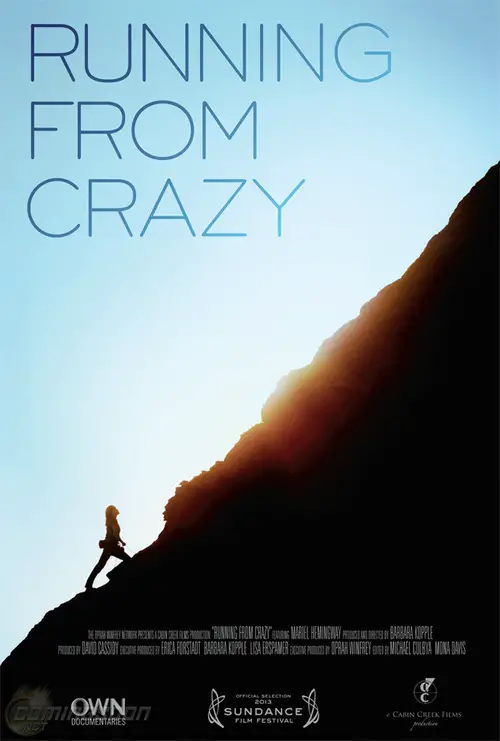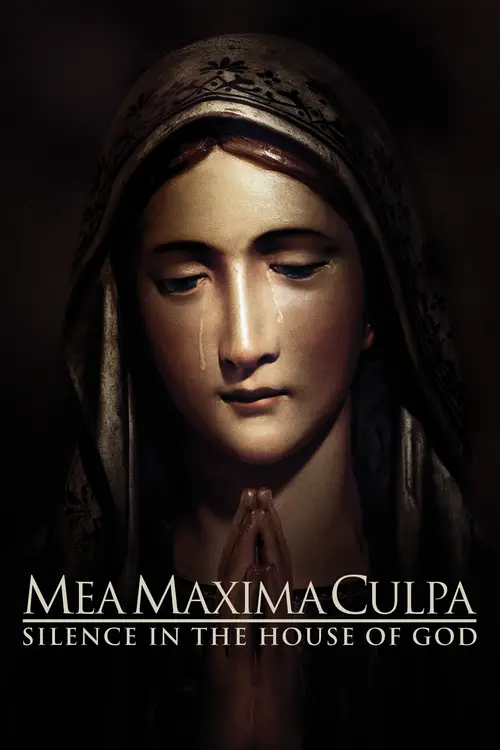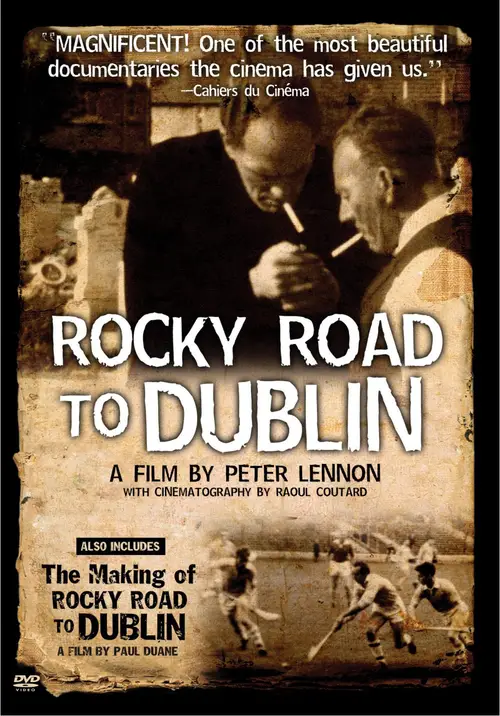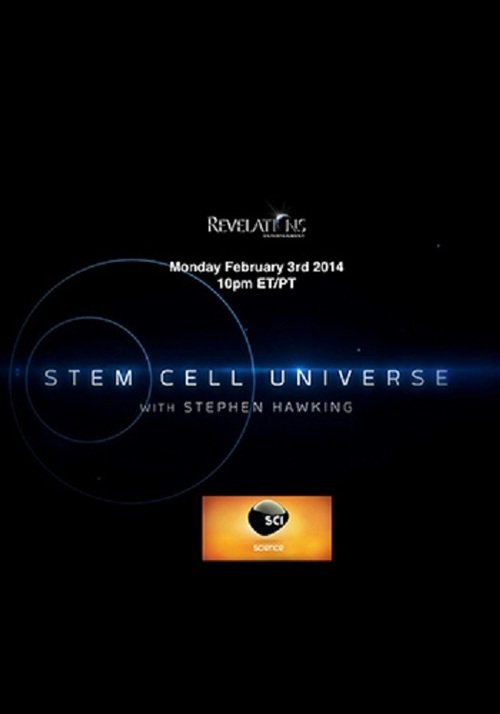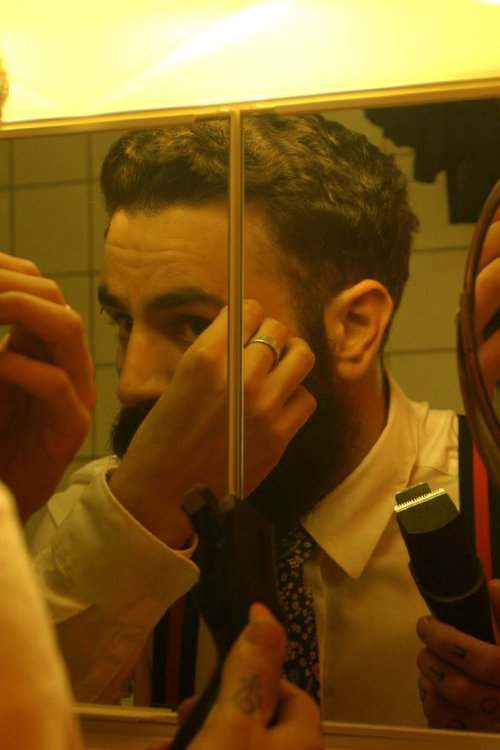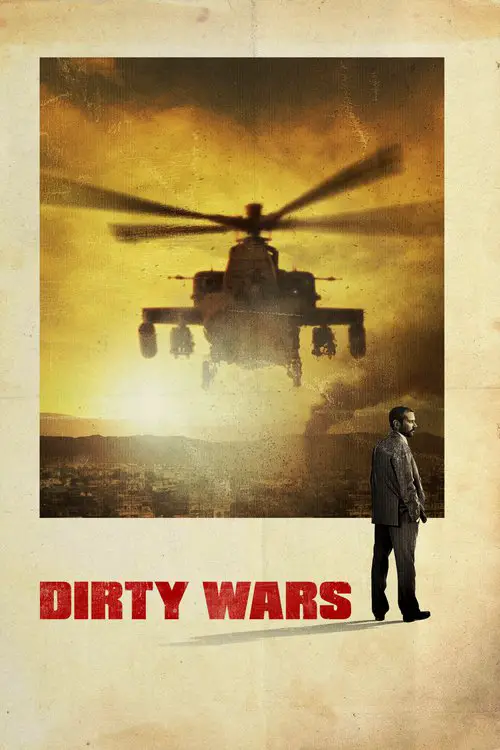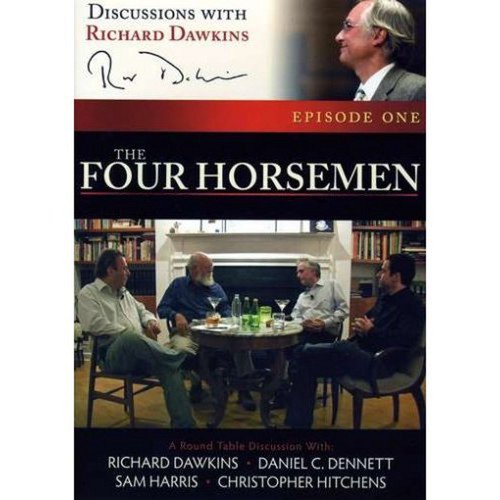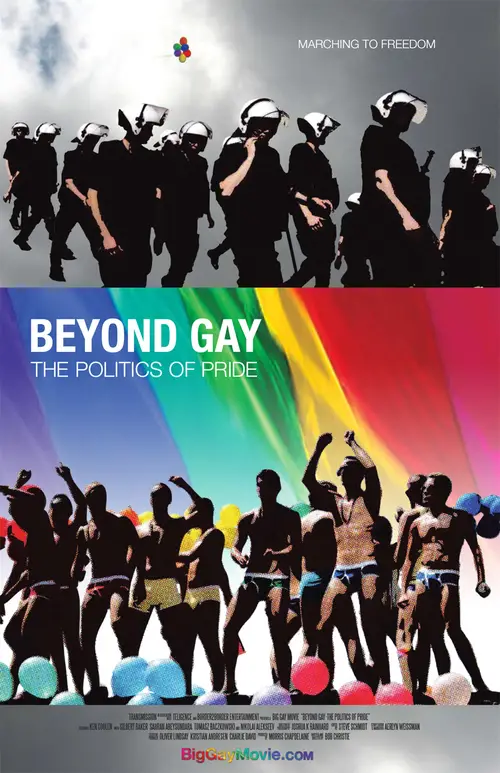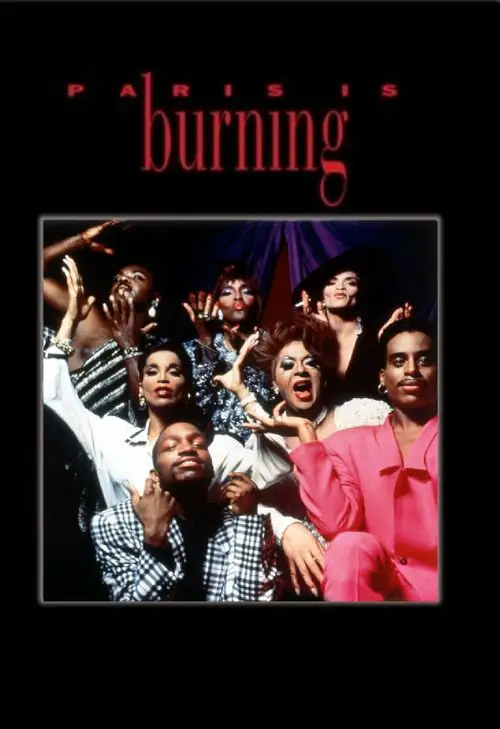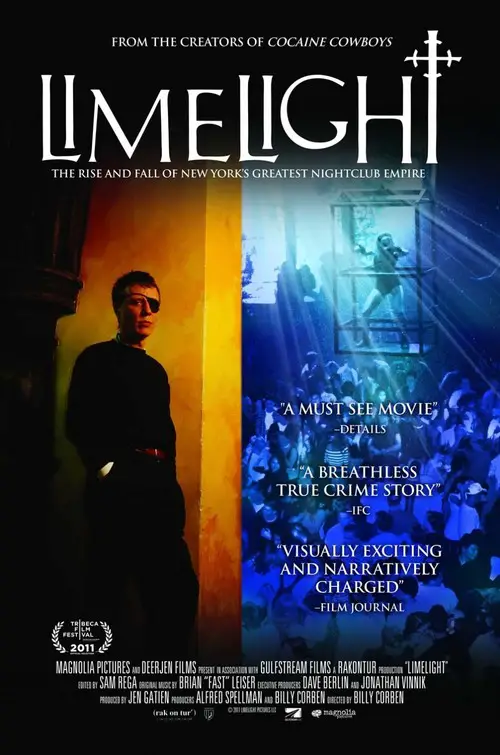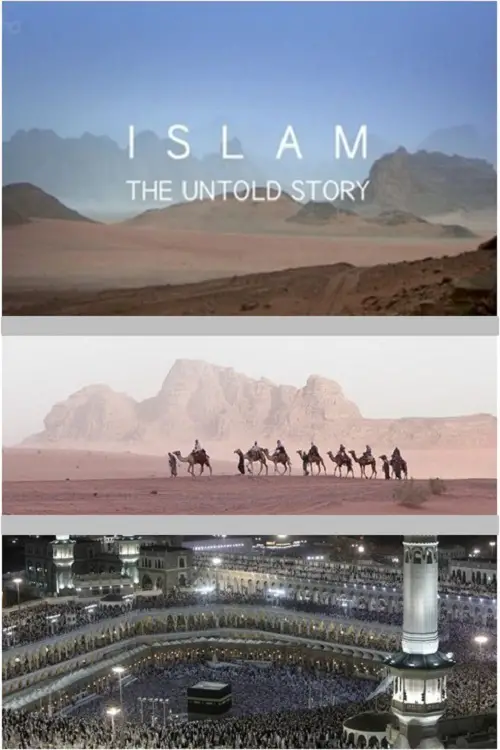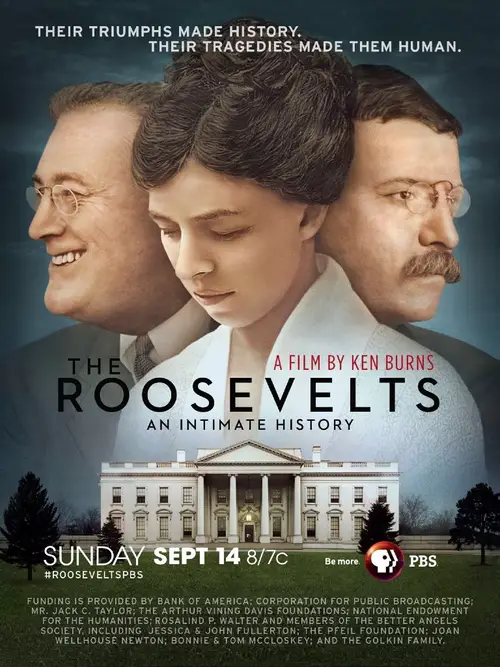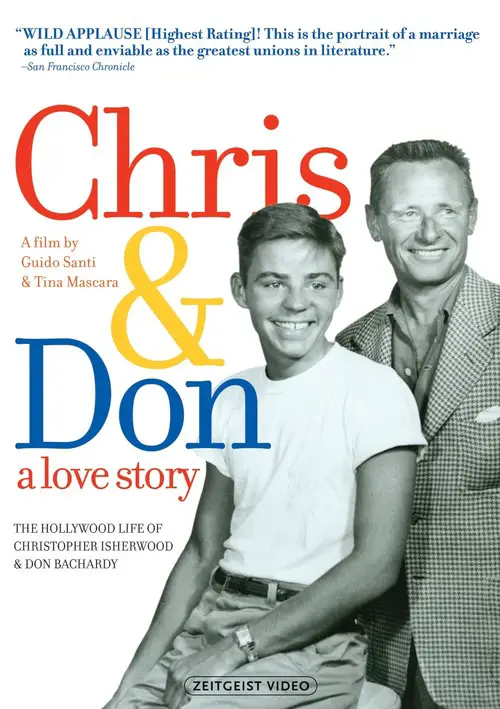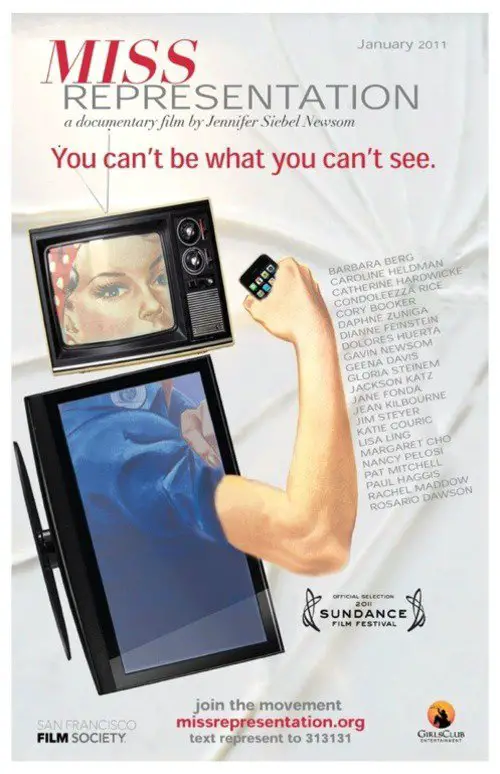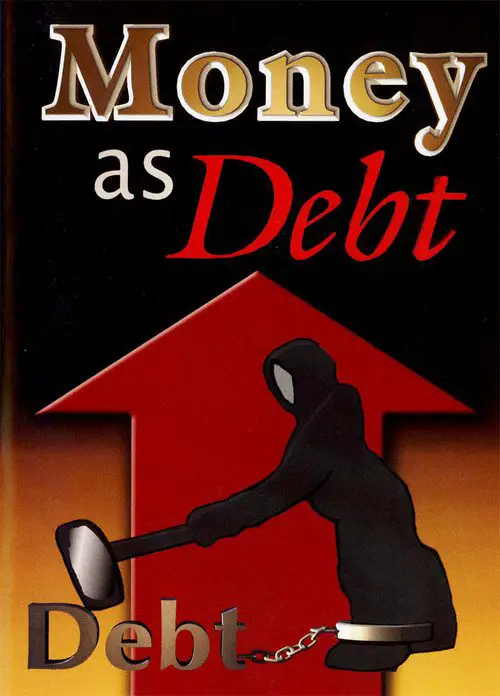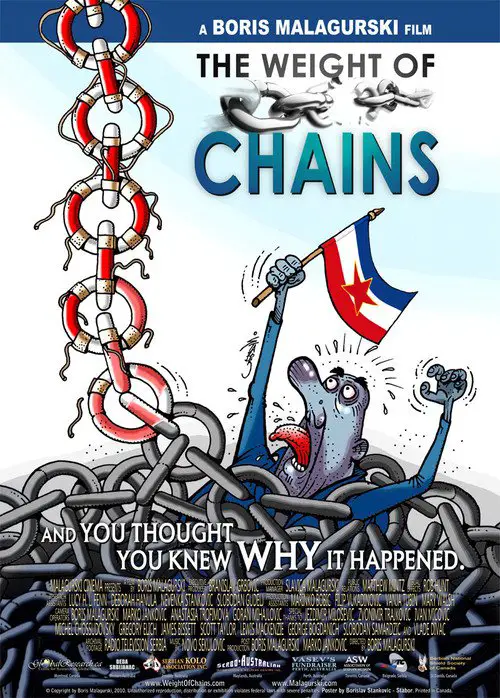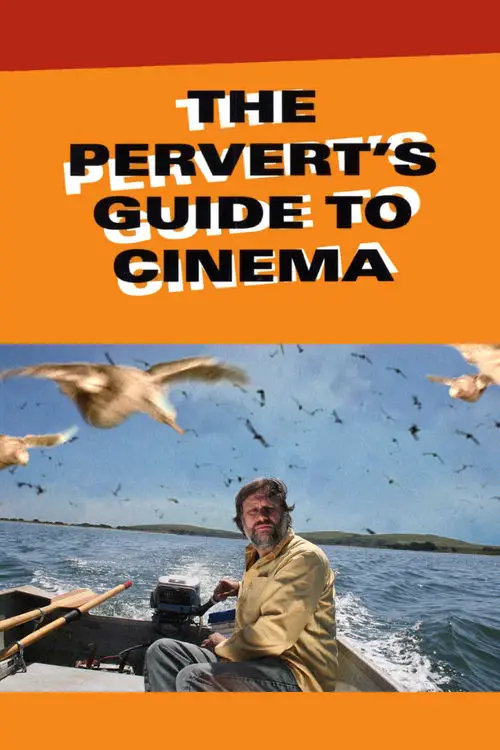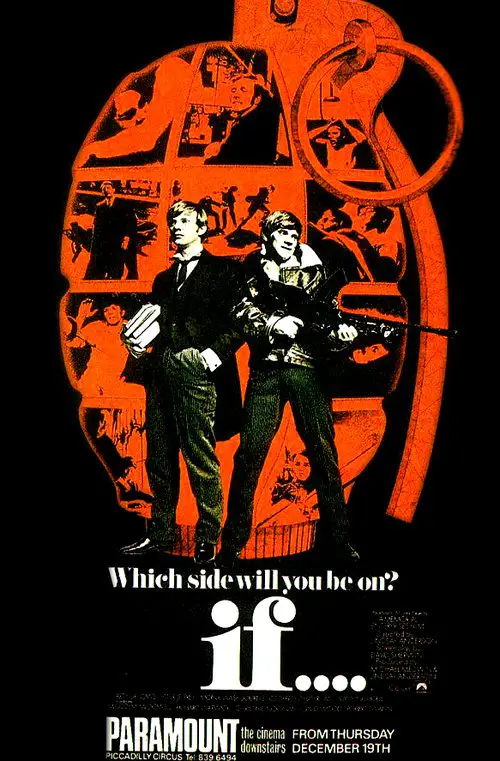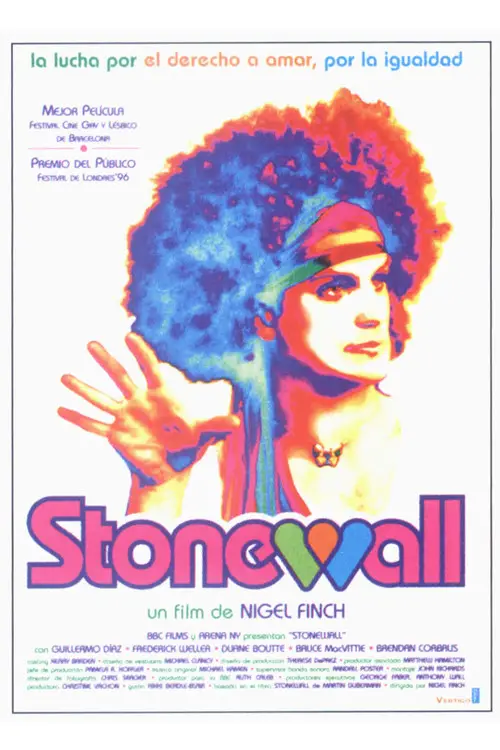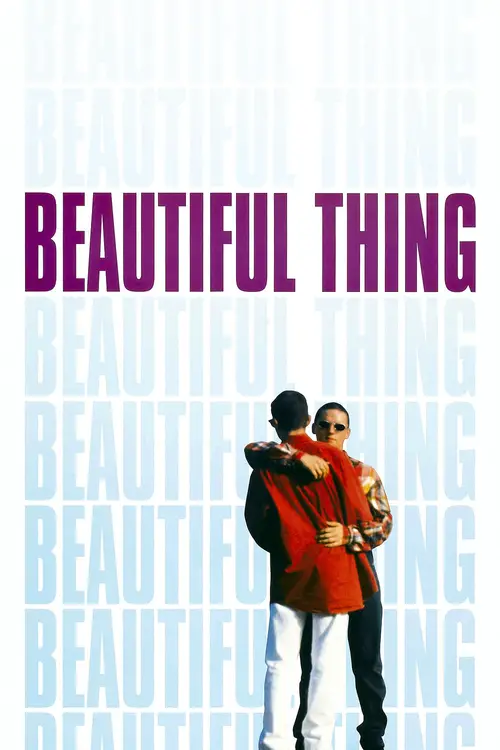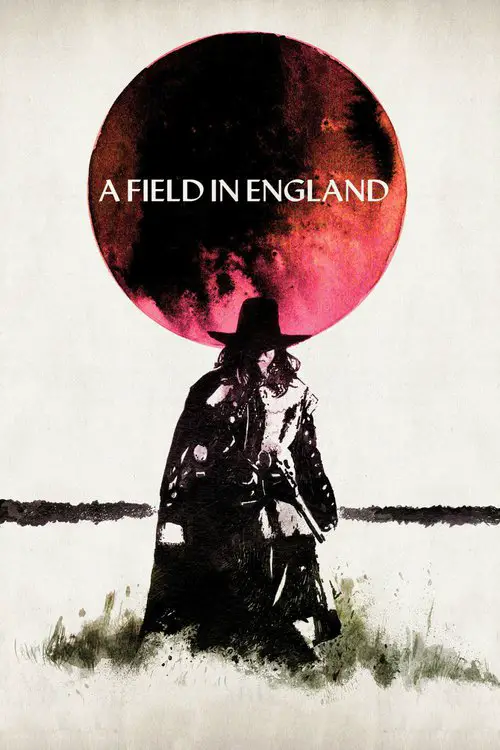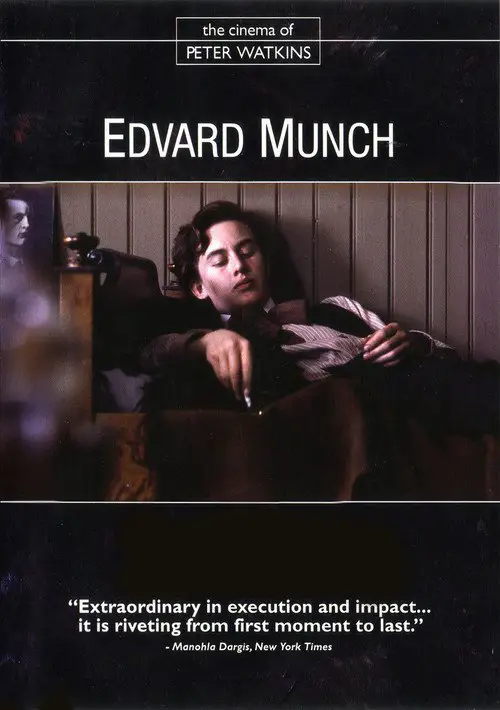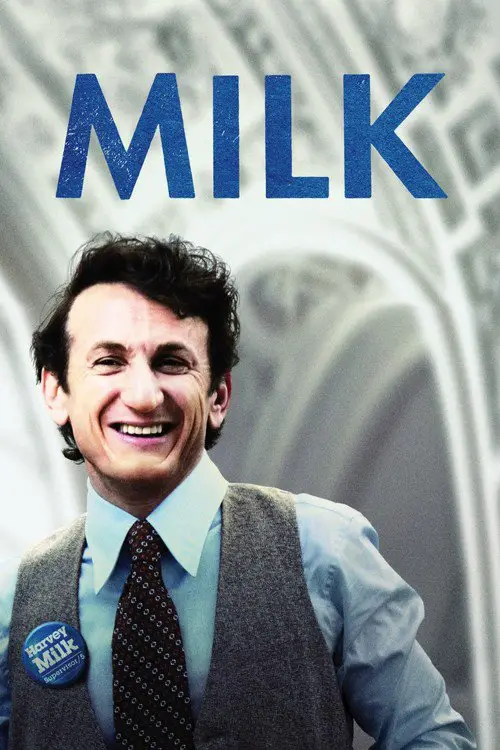Out of the Past (1998)
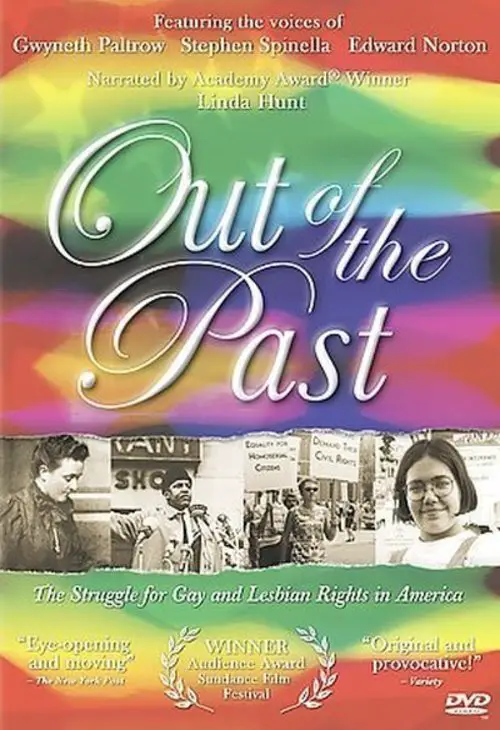
Similar movies
It is about a music school in Philadelphia, The Paul Green School of Rock Music, run by Paul Green that teaches kids ages 9 to 17 how to play rock music and be rock stars. Paul Green teaches his students how to play music such as Black Sabbath and Frank Zappa better than anyone expects them to by using a unique style of teaching that includes getting very angry and acting childish.
This documentary follows two inner-city Chicago residents, Arthur Agee and William Gates, as they follow their dreams of becoming basketball superstars. Beginning at the start of their high school years, and ending almost 5 years later, as they start college, we watch the boys mature into men, still retaining their "Hoop Dreams".
Alan Turing is the genius British mathematician who was instrumental in breaking the German naval Enigma Code during World War II, arguably saving millions of lives. Turing's achievements went unrecognised during his lifetime. Instead he ended up being treated as a common criminal, for being homosexual at a time when homosexual acts were a crime. In 1952, he was convicted of 'gross indecency' with another man and was forced to undergo so-called 'organo-therapy' - chemical castration. Two years later, he killed himself with cyanide, aged just 41. Alan Turing was driven to a terrible despair and early death by the nation he'd done so much to save.
Zürich in the mid 50âs: The young shy teacher Ernst Ostertag becomes a member of the gay organisation DER KREIS. There he gets to know the transvesti- te star Röbi Rapp â and immediately falls head over heels in love with him. Röbi and Ernst live through the high point and the eventual decline of the organization, which in the whole of Europe is seen as the pioneer of gay eman- cipation. Ernst finds himself torn between his bour- geois existence and his commitment to homosexuality, for Röbi it is about his first serious love relationship. A relationship which will last a lifetime. The film looks back from the present to the time when the âMotherâ of all European homosexual or- ganizations had its high point to the time it slowly fell apart. While the repression against homosexu- als became increasingly more intense in Zurich, two young and very different men fight for their love and â together with their friends â for the rights of gays.
Commentator-comic Bill Maher plays devil's advocate with religion as he talks to believers about their faith. Traveling around the world, Maher examines the tenets of Christianity, Judaism and Islam and raises questions about homosexuality, proof of Christ's existence, Jewish Sabbath laws, violent Muslim extremists.
What "That's Entertainment" did for movie musicals, "The Celluloid Closet" does for Hollywood homosexuality, as this exuberant, eye-opening movie serves up a dazzling hundred-year history of the role of gay men and lesbians have had on the silver screen. Lily Tomlin narrates as Oscar-winning moviemaker Rob Epstein (The Times of Harvey Milk and Common Threads: Stories from the Quilt) and Jeffrey Friedman assemble fabulous footage from 120 films showing the changing face of cinema sexuality, from cruel stereotypes to covert love to the activist triumphs of the 1990s. Tom Hanks, Susan Sarandon, Whoopi Goldberg, Tony Curtis, Harvey Fierstein and Gore Vidal are just a few of the many actors, writers and commentators who provide funny and insightful anecdotes.
Four men from a nomadic Tibetan tribe undertake their annual, ritualistic pilgrimage to a sacred salt lake. Salt gathered in this traditional fashion will be sold to provide the economic livelihood of the tribe for the coming year. The journey, necessary for the group's survival, also incorporates a number of rituals necessary for their culture to survive in the modern world.
"Touring makes you crazy," Frank Zappa says, explaining that the idea for this film came to him while the Mothers of Invention were touring. The story, interspersed with performances by the Mothers and the Royal Symphony Orchestra, is a tale of life on the road. The band members' main concerns are the search for groupies and the desire to get paid.
Since the end of World War II, one of kind of urban residential development has dominate how cities in North America have grown, the suburbs. In these artificial neighborhoods, there is a sense of careless sprawl in an car dominated culture that ineffectually tries to create the more organically grown older communities. Interspersed with the comments of various experts about the nature of suburbia
American Boy: A Profile of Steven Prince is a 1978 documentary directed by Martin Scorsese. Its subject is Scorsese's friend Steven Prince, best known for his small role as Easy Andy, the gun salesman in Taxi Driver. Prince is a raconteur telling stories about his life as an ex-drug addict and a road manager for Neil Diamond. Scorsese intersperses home movies of Prince as a child as he talks about his family. When talking of his years as a heroin addict, Prince tells a story about injecting adrenaline into the heart of a woman who overdosed, with the help of a medical dictionary and a Magic Marker. This story was re-enacted by Quentin Tarantino in his screenplay for Pulp Fiction. Prince also tells a story about his days working at a gas station, and having to shoot a man he caught stealing tires, after the man pulled out a knife and tried to attack him. This story was retold in the Richard Linklater film Waking Life.
A chronological look at films by, for, or about (or "by, for, and about") gays and lesbians in the United States, from 1947 to 2005, Kenneth Anger's "Fireworks" to "Brokeback Mountain." Talking heads, anchored by critic and scholar B. Ruby Rich, are interspersed with an advancing timeline and with clips from two dozen films. The narrative groups the pictures around various firsts, movements, and triumphs: experimental films, indie films, sex on screen, outlaw culture and bad guys, lesbian lovers, films about AIDS and dying, emergence of romantic comedy, transgender films, films about diversity and various cultures, and then mainstream Hollywood drama. What might come next?
Ten women, most of them in Vancouver or Toronto, talk about being lesbian in the 1940s, 1950s, and 1960s: discovering the pulp fiction of the day about women in love, their own first affairs, the pain of breaking up, frequenting gay bars, facing police raids, men's responses, and the etiquette of butch and femme roles. Interspersed among the interviews and archival footage are four dramatized chapters from a pulp novel, "Forbidden Love": Laura leaves her hick town and heads for the city, where she meets Mitch in a bar. Sparks fly, and so do laughter and joy. Ann Bannon, one of the writers of those paperback novels about forbidden love, talks about the genre.
This documentary by Theo Kamecke from 1970 gives an indepth and profound look at the Apollo 11 mission to the moon. NASA footage is interspersed with reactions to the mission around the world as the film captures the intensity as well of the philosophical significance of the event. Won special award at Cannes. Written by Adam Bernstein .
Stylish film of the British progressive rock band Pink Floyd in 1971 performing a concert with no audience, in the ancient Roman Amphitheatre in the ruins of Pompeii, Italy. Songs are interspersed with interviews, and footage of Pink Floyd in the studio working on their next album, the legendary Dark Side of the Moon. [Tracklist:] 01 Echoes Part I 02 Careful With That Axe Eugene 03 A Saucerful Of Secrets 04 Us And Them 05 One Of These Days 06 Mademoiselle Nobs 07 Brain Damage 08 Set The Controls For The Heart Of The Sun 09 Echoes Part II
A documentary about the circumstances during a party at a University of Florida fraternity that led up to what may or may not have been a rape. Interspersed with actual footage shot by the fraternity brothers on the night of the incident, including the sexual acts. This video led to the police not pressing charges and the involvement of NOW, and eventually led to the fraternity getting kicked off campus.
"The Principle" brings to light astonishing new scientific observations challenging the Copernican Principle; the foundational assumption underlying the modern scientific world view. The idea that the Earth occupies no special or favored position in the cosmos has launched the last two scientific revolutions - the Copernican Revolution and Relativity - and, as Lawrence Krauss has said, we could be on the verge of a third, with "Copernicus coming back to haunt us". Interviews with leading cosmologists are interspersed with the views of dissidents and mavericks, bringing into sharp focus the challenges and implications not only for cosmology, but for our cultural and religious view of reality.
The best of Led Zeppelin's legendary 1973 appearances at Madison Square Garden. Interspersed throughout the concert footage are behind-the-scenes moments with the band. THE SONG REMAINS THE SAME is Led Zeppelin at Madison Square Garden in NYC concert footage colorfully enhanced by sequences which are supposed to reflect each band member's individual fantasies and hallucinations. Includes blistering live renditions of "Black Dog," "Dazed and Confused," "Stairway to Heaven," "Whole Lotta Love," "The Song Remains the Same," and "Rain Song" among others.
Although Wikipedia is the 8th most popular website on the Internet today, and it is already the 3rd most widely read 'publication' in human history, attracting 100 million unique visitors a month, this great social and academic experiment of our age is riddled with vandals and challenged by skeptics, posing compelling questions about whether Wikipedia's model can truly achieve its goal. The film intersperses founder Jimmy Wales' unusual rise to Internet super-stardom among the global implications of Wikipedia. Are entries factually accurate? Biased? Accountable? Does 'Jimbo' Wales posses the wisdom to ensure that Wikipedians aggregate knowledge correctly?
This Australian educational documentary concerns venereal disease in the pre-AIDS era and reveals that it is a problem that should be taken seriously by everyone â whether young or old, gay or straight. Factual segments are interspersed with humorous skits depicting how people of varying degrees of innocence can contract awful but treatable diseases.
Rocky Road to Dublin is a 1968 documentary film by Irish-born journalist Peter Lennon and French cinematographer Raoul Coutard, examining the contemporary state of the Republic of Ireland, posing the question, "what do you do with your revolution once you've got it?" It argues that Ireland was dominated by cultural isolationism, Gaelic and clerical traditionalism at the time of its making.
The use of embryonic stem cells has ignited fierce debate across the spiritual and political spectrum. But what if we could create manmade stem cells - or find super cells in adults that could forever replace embryonic cells and remove the controversy? Today, we are on the brink of a new era - an age where we may be able to cure our bodies of any illness. Stephen HAWKING has spent his life exploring the mysteries of the cosmos, now there is another universe that fascinates him - the one hidden inside our bodies - our own personal galaxies of cells.
Over the course of a year, film follows Vancouver Pride Society president Ken Coolen to various international Pride events, including Poland, Hungary, Russia, Sri Lanka and others where there is great opposition to pride parades. In North America, Pride is complicated by commercialization and a sense that the festivals are turning away from their political roots toward tourism, party promotion and entertainment. Christie documents the ways larger, more mainstream Pride events have supported the global Pride movement and how human rights components are being added to more established events. In the New York sequence, leaders organize an alternative Pride parade, the Drag March, set up to protest the corporatization of New York Pride. A parade in São Paulo, the world's largest Pride festival, itself includes a completely empty float, meant to symbolize all those lost to HIV and to anti-gay violence.
Paris Is Burning is a 1990 documentary (directeor Jennie Livingston) filmed in the mid-to-late 1980s, chronicling the ball culture of New York City and the poor, African American and Latino gay and transgendered community involved in it. Many consider Paris Is Burning to be an invaluable documentary of the end of the "Golden Age" of New York City drag balls and exploration of queer culture
The film MISS REPRESENTATION exposes how American youth are being sold the concept that women and girlsâ value lies in their youth, beauty and sexuality. Explores the under-representation of women in positions of power and influence in America, and challenges the media's limited portrayal of what it means to be a powerful woman. Itâs time to break that cycle of mistruths.
The Weight of Chains is a Canadian documentary film that takes a critical look at the role that the US, NATO and the EU played in the tragic breakup of a once peaceful and prosperous European state - Yugoslavia. The film, bursting with rare stock footage never before seen by Western audiences, is a creative first-hand look at why the West intervened in the Yugoslav conflict, with an impressive roster of interviews with academics, diplomats, media personalities and ordinary citizens of the former Yugoslav republics. This film also presents positive stories from the Yugoslav wars - people helping each other regardless of their ethnic background, stories of bravery and self-sacrifice.
THE PERVERT'S GUIDE TO CINEMA takes the viewer on an exhilarating ride through some of the greatest movies ever made. Serving as presenter and guide is the charismatic Slavoj Žižek, the Slovenian philosopher and psychoanalyst. With his engaging and passionate approach to thinking, Žižek delves into the hidden language of cinema, uncovering what movies can tell us about ourselves.
Kimjho Gwang-soo is one of the most recognized Korean gay activist as well as a filmmaker. This is his feature debut as a director and producer. A queer movie that delivers the goodsâhumorous and touchingâand fulfills the directorâs wish for a more âopenâ society. A story of two people that masquerade as a couple to hide their homosexuality and keep their realloves intact. Minsoo who is gay and wants to escape from his meddling parents and Hyojin who is a lesbian and wants to adopt a baby are both doctors working at the same hospital. To fulfill their dire wishes, they decide to fake their nuptials. Their marriage is surrounded by episodes, some are humorous and others full of pathos. Unlike other films dealing with similar subject matter, focusing on the darker side of the spectrum, the directorâs choice to keep things lighter and brighter is also a virtue.
When Camiel, a gay dentist, and Simon, a carefree café owner, collide in a traffic accident their lives become intrinsically entangled. When they bump into each other 14 years later, Simon is severely ill. Camiel experiences at close range how Simon and those around him come to terms with his illness. The strength and humour that Simon shows during this time leave a lasting impression on Camiel.
During the Civil War in 17th-Century England, a small group of deserters flee from a raging battle through an overgrown field. They are captured by an alchemist (Michael Smiley), who forces the group to aid him in his search to find a hidden treasure that he believes is buried in the field. Crossing a vast mushroom circle, which provides their first meal, the group quickly descend into a chaos of arguments, fighting and paranoia, and, as it becomes clear that the treasure might be something other than gold, they slowly become victim to the terrifying energies trapped inside the field.
A representative of an alien race that went through drastic evolution to survive its own climate change, Klaatu comes to Earth to assess whether humanity can prevent the environmental damage they have inflicted on their own planet. When barred from speaking to the United Nations, he decides humankind shall be exterminated so the planet can survive.
A biographical film about the Norwegian Expressionist painter Edvard Munch. It was originally created as a three-part miniseries co-produced by the Norwegian and Swedish state television networks, but subsequently gained an American theatrical release in a three-hour version in 1976. The film covers about thirty years of Munch's life, focusing on the influences that shaped his art, particularly the prevalence of disease and death in his family and his youthful affair with a married woman.
The story of California's first openly gay elected official, Harvey Milk, who became an outspoken agent for change, seeking equal rights and opportunities for all. His great love for the city and its people brought him backing from young and old, straight and gay, alike â at a time when prejudice and violence against gays was openly accepted as the norm.
© Valossa 2015–2026
| Privacy Policy


